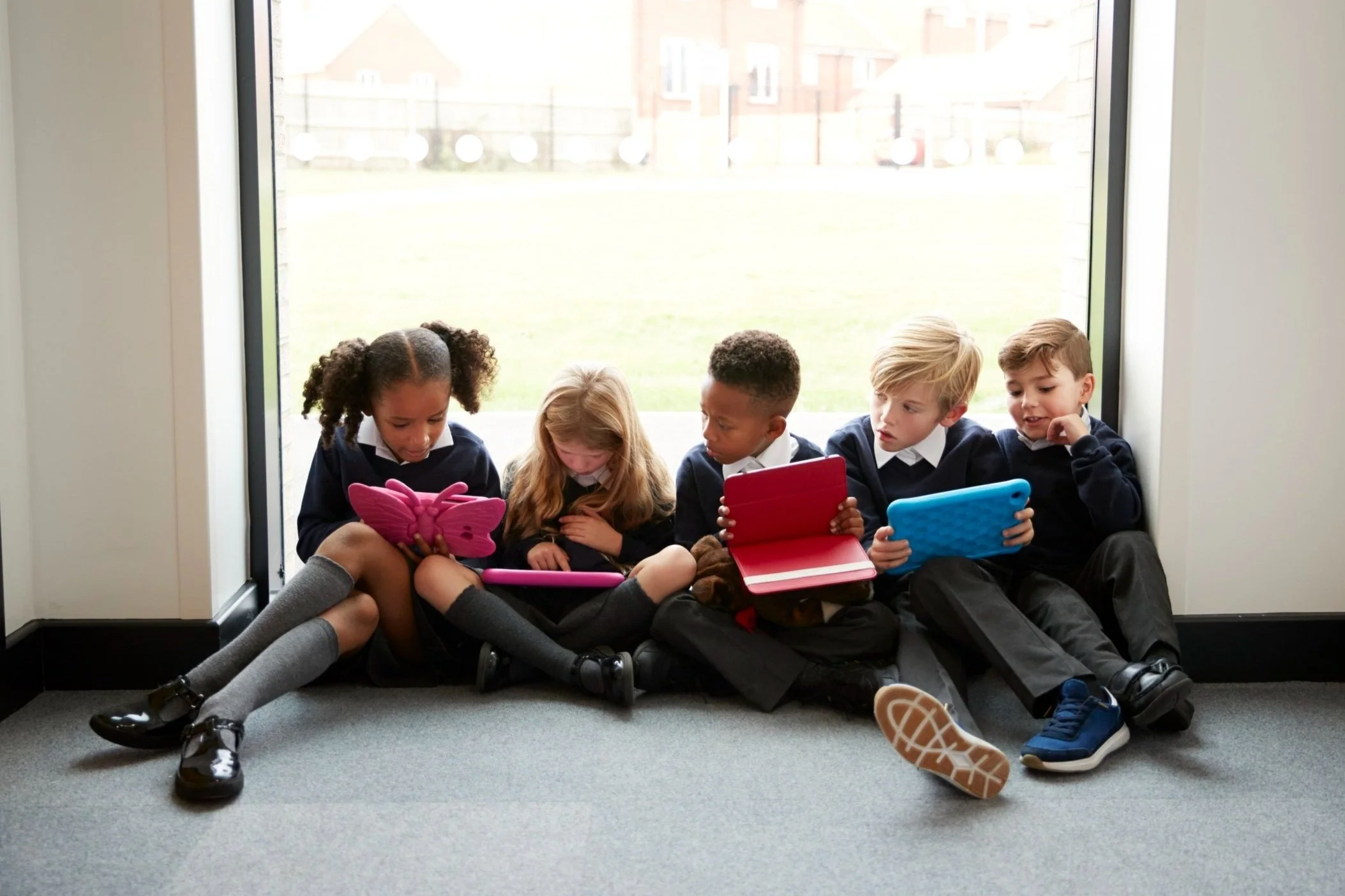
Occupational Therapy in Specialist Provision
Our service mirrors the graduated approach, providing a variety of strategies encompassing both environmental and intervention measures at universal, targeted, and specialist levels. We work in close partnership with students and school staff, embedding therapeutic strategies into everyday routines to create lasting impact across the school environment. We understand that no two schools are the same or have the same requirements, therefore we offer a broad range of services which are tailored to meet your individual needs and budget.
Within specialist settings, we recognise the diverse and complex profiles of learners and understand that engagement, regulation, and independence are central to their success. We support children and young people who experience challenges with fine and gross motor skills, sensory processing, emotional regulation, executive functioning, and independence in daily tasks. These may be associated with a wide range of diagnoses, including Autism, Developmental Coordination Disorder (DCD), ADHD, Cerebral Palsy, global developmental delay, and more.
We take a whole-school approach, working collaboratively with your staff team to ensure that classroom and wider school environments are physically and sensory-accessible, including adaptations to seating, transitions, and regulation spaces. Building staff confidence through practical, hands-on training is important to us, and we can implement evidence-based interventions so that groups of children benefit from regular support. In addition to this, we work directly with individual students and the adults in their lives to deliver very specific and individualised therapy.
Our Approach
Our Services
-
Our universal support can involve whole school face to face or webinar training to upskill staff on areas of need and can include:
Supporting motor coordination needs within the classroom
Fine motor skills and handwriting
Sensory processing challenges within the school environment
Sensory circuits
Strategies to support executive functioning skills
Need something more bespoke? The OT team can develop training to support your individual school needs.
We offer environmental audits, considering both physical and sensory needs of staff and students.
-
We can skill up school staff to become Occupational Therapy champions in your setting, identifying and providing intervention for a wide number of students.
Here’s how it could look:
Delivering parent workshops / coffee mornings.
Identification and training for school OT champions.
Supporting schools with development and set up of targeted interventions including motor skill groups, independence skills, self-regulation, sensory circuits, handwriting and typing skill groups.
Environmental and sensory advice for student classes.
-
Specialist assessment and intervention can be provided to those students with significant occupational performance challenges. We will work collaboratively with school staff to identify areas of need and strength, providing support, advice and individual therapeutic programmes for skill development with the aim to reduce barriers to learning and positive well-being.
Tailored specialist support may look like:
1:1 assessment, including observation of student within different school environments, and engagement in therapist-led activities
Liaison with teaching staff and families to support identification of need
Provision of individualised advice and recommendations for the school and home environment. This could include activity / exercise programmes, visual supports, alternative equipment, or environmental modifications to support participation.
Contribution to the EHCP reviews
Engagement in direct intervention sessions which may focus on:
Building strength and stamina for fine and / or gross motor skills
Developing independence for self-care and life skills
Handwriting and alternative methods for recording work
Sensory based interventions including accessing zones of regulation / interoceptive curriculums

